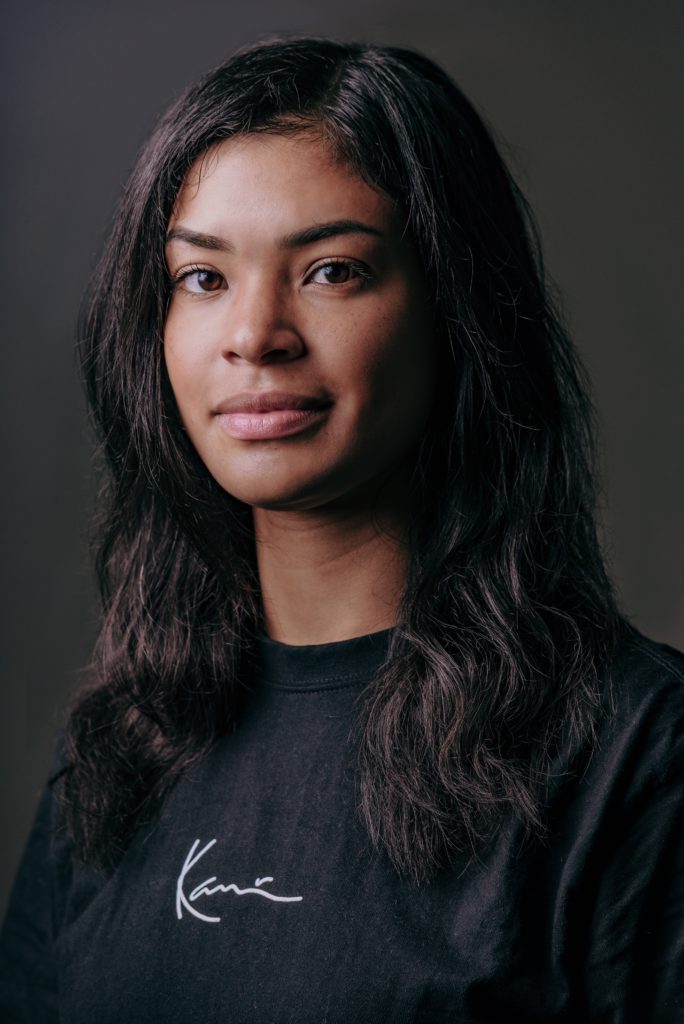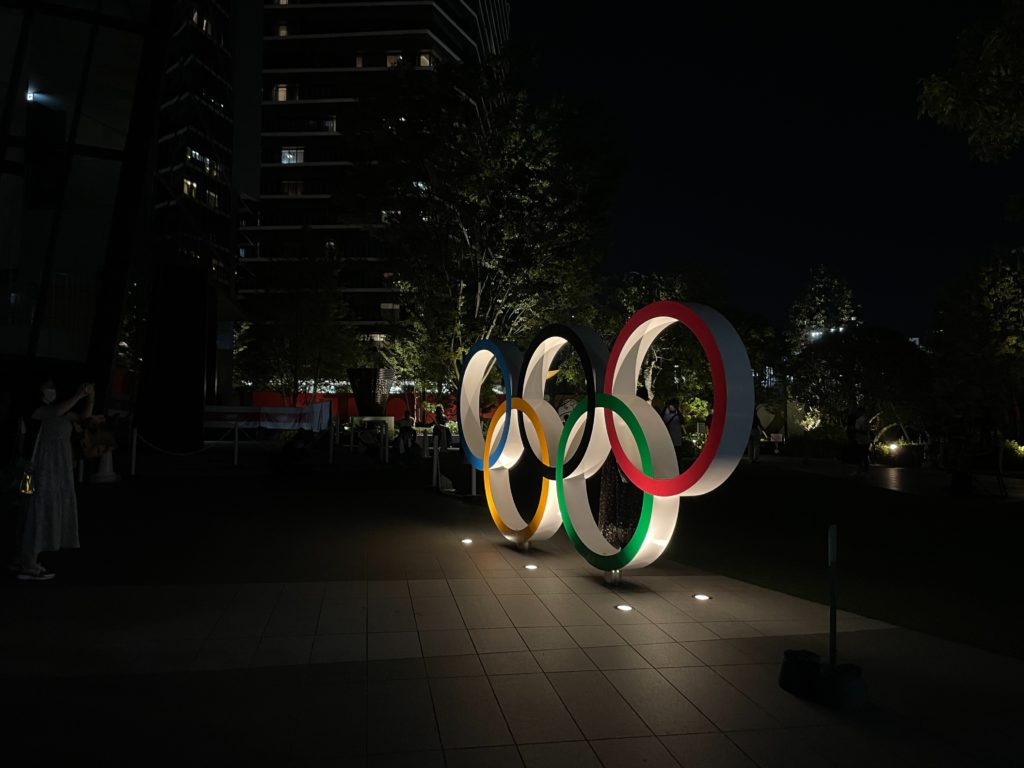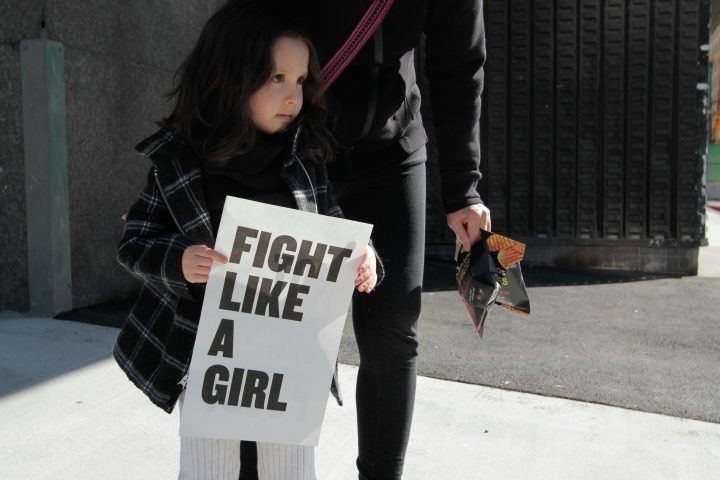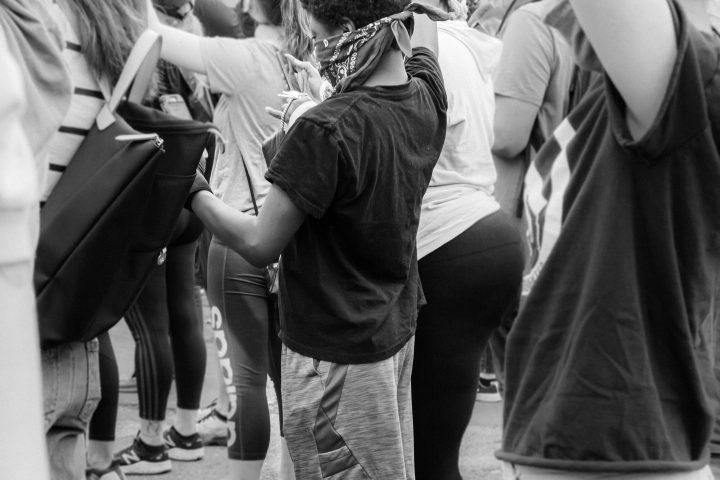Key Takeaways:
– Jokes about dark skin perpetuate harmful stereotypes and contribute to the oppression of dark-skinned individuals.
– Society’s preference for lighter skin leads to unfair treatment and discrimination against dark-skinned people.
– Dark skin jokes exploit societal biases and hinder progress towards equality.
– Comparing issues and pitting them against each other does not solve the problems; instead, we should strive to be allies and address all forms of discrimination.
Introduction
Humor is often considered a way to bring people together and create a sense of camaraderie. However, jokes that target individuals based on their skin color, especially dark skin, are not only offensive but also contribute to a culture of discrimination and prejudice.
Colorism, the practice of favoring lighter skin tones over darker ones, is deeply ingrained in many societies, including India. As a dark-skinned Indian woman, I have personally experienced the pain and humiliation associated with jokes about dark skin. It is crucial to understand why these jokes are offensive and the impact they have on individuals.
Understanding the Offensiveness of Dark Skin Jokes
In a column written by an Indian actor, the topic of jokes about dark skin was humorously discussed. However, it is important to recognize that such jokes perpetuate harmful stereotypes and contribute to the oppression faced by dark-skinned individuals.
Contrary to the actor’s suggestion that those who are offended by these jokes consider dark skin a shortcoming, the offense stems from the societal prejudice and discrimination faced by dark-skinned people. These jokes not only mock a certain physical appearance but also reinforce the unfair standards imposed by society.
The Contribution of Dark Skin Jokes to Oppression
Jokes about dark skin have several negative consequences that perpetuate oppression:
1. Body Shaming and Mockery
These jokes promote body shaming by making fun of someone’s physical appearance. They contribute to the devaluation of dark skin and reinforce the belief that it is something to be ridiculed.
2. Exploitation of Societal Perceptions
Dark skin jokes exploit society’s biased perceptions of beauty and attractiveness. They reflect and reinforce the unfair treatment faced by dark-skinned individuals due to societal norms and preferences.
3. Hindrance to Change and Progress
By making jokes about dark skin, society perpetuates the existing biases and hampers any progress towards achieving equality and acceptance. These jokes normalize and validate the negative stereotypes associated with dark skin.
Challenging the Concept of Reverse Colorism
The argument that jokes about fair skin would also be offensive if fair skin was stigmatized fails to recognize the context and underlying power dynamics. In a colorist society, jokes about fair skin do not carry the same weight as jokes about dark skin.
Colorist societies label dark skin as less desirable, perpetuating the idea that it is inferior. Jokes about dark skin reinforce and strengthen these labels, contributing to the discrimination faced by dark-skinned individuals. On the other hand, fair skin is often praised and considered more socially acceptable.
Recognizing Fair Skin Privilege
Fair skin privilege refers to the advantages and preferential treatment afforded to individuals with lighter skin tones. In societies that idolize and prioritize whiteness, fair-skinned individuals often enjoy privileges that are denied to those with darker skin.
Advertisements for skin lightening creams, the underrepresentation of dark-skinned individuals in media, and the societal perception that fair skin equates to beauty all contribute to fair skin privilege. It is crucial to acknowledge and address this privilege to work towards a more inclusive society.
Rejecting Colorism as Humor
Some may argue that dark-skinned individuals should learn to have a sense of humor and not take these jokes seriously. However, it is important to recognize that humor at the expense of someone’s identity and physical appearance is dehumanizing and reinforces harmful stereotypes.
Humor should not be used as a tool to perpetuate oppression and discrimination. It is essential to challenge these jokes, educate others about their harmful impact, and foster a culture of acceptance and respect for all individuals, regardless of their skin color.
Conclusion
Jokes about dark skin are offensive and contribute to the oppression faced by dark-skinned individuals. Understanding the impact of colorism and acknowledging fair skin privilege is crucial in combating discrimination.
It is important to reject humor that perpetuates harmful stereotypes and instead promote inclusivity and acceptance. By standing up against jokes about dark skin and other forms of discrimination, we can work towards a society that values and celebrates diversity.









